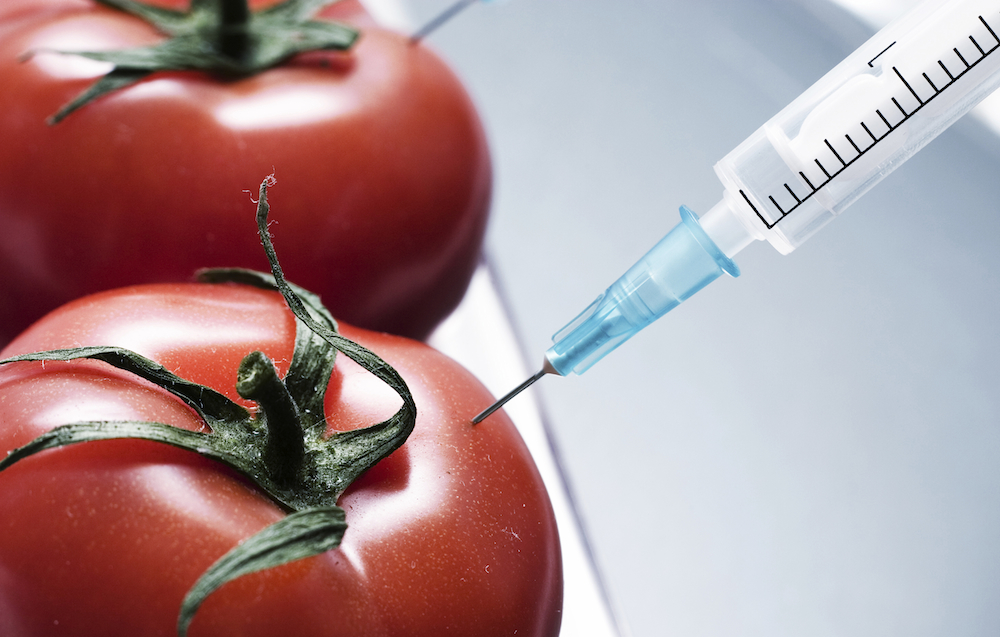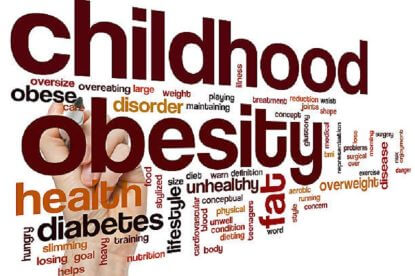Chemicals in food, environment may harm male fertility: study
Thu 11 Aug 2016, 12:50:51

Contaminants present in the environment and chemicals found in food could be harming the fertility of dogs, according to a new study that may help solve the puzzle of decline in human semen quality. Researchers found that sperm quality in a population of stud dogs studied over a 26-year period had fallen significantly.
They believe that the results may offer a new piece of the puzzle over the reported significant decline in human semen quality - a subject which scientists continue to debate.
"This is the first time that such a decline in male fertility has been reported in the dogs and we believe this is due to environmental contaminants, some of which we have detected in dog food and in the sperm and testes of the animals themselves," said Richard Lea from Nottingham University in the UK.
"While further research is needed to conclusively demonstrate a link, the dog may indeed be a sentinel for humans - it shares the same environment, exhibits the same range of diseases, many with the same frequency and responds in a similar way to therapies," said Lea.
The study was based on samples taken from stud dogs at an assistance dogs breeding centre over the course of 26 years. The work centred on five specific breeds of dogs - Labrador retriever, golden retriever, curly coat retriever, border collie and German shepherd - with between 42 and 97
dogs studied every year.
dogs studied every year.
Semen was collected from the dogs and analysed to assess the percentage of sperm that showed a normal forward progressive pattern of motility and that appeared normal under a microscope (morphology). Over the 26 years of the study, researchers found a striking decrease in the percentage of normal motile sperm.
Between 1988 and 1998, sperm motility declined by 2.5 per cent per year and following a short period when stud dogs of compromised fertility were retired from the study, sperm motility from 2002 to 2014 continued to decline at a rate of 1.2 per cent per year.
Researchers discovered that the male pups generated from the stud dogs with declining semen quality, had an increased incidence of cryptorchidism, a condition in which the testes of pups fail to correctly descend into the scrotum.
Sperm collected from the same breeding population of dogs, and testes recovered from dogs undergoing routine castration, were found to contain environmental contaminants at concentrations able to disrupt sperm motility and viability when tested.
The same chemicals that disrupted sperm quality, were also discovered in a range of commercially available dog foods - including brands specifically marketed for puppies, researchers said.
The findings were published in the journal Scientific Reports.
No Comments For This Post, Be first to write a Comment.
Most viewed from Health
AIMIM News
Latest Urdu News
Most Viewed
May 26, 2020
Is it right to exclude Bangladesh from the T20 World Cup?
Latest Videos View All
Like Us
Home
About Us
Advertise With Us
All Polls
Epaper Archives
Privacy Policy
Contact Us
Download Etemaad App
© 2026 Etemaad Daily News, All Rights Reserved.

























.jpg)
.jpg)
.jpg)


